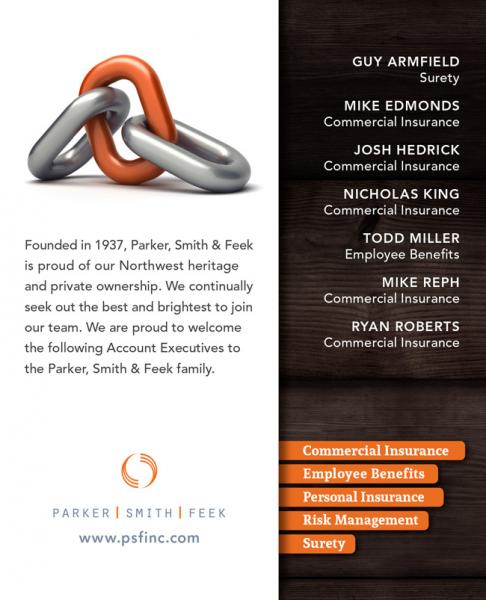




Blog
Railroad Crossing Reminder
April 7, 2015

On March 9th, 2015, an Amtrak train on its way to New York derailed in North Carolina after colliding with a tractor trailer, injuring almost 60 people. The oversized trailer involved was transporting heavy equipment when it apparently came across a difficult left hand turn. According to conflicting reports, the vehicle attempted to successfully navigate the turn for anywhere between 5 and 20 minutes, during which the train approached with no indication. By the time the warning flashers and crossing arms came down, the truck was still trapped on the tracks and unable to back up before the train struck.
Electronic Cigarettes – Is FDA Regulation Imminent?
October 20, 2014
E-cigarettes are certainly getting a lot of attention. Concerns are rising with lack of data on long term health effects. These devices simulate smoking with vapor that contains nicotine and flavoring agents, and are powered by batteries.
WSHA Annual Rural Health Conference Dinner
June 25, 2014

Sponsored by PS&F, attendees at the WSHA Annual Rural Health Conference enjoy a dinner shared with colleagues and peers at Tsillan Cellars in Chelan, Washington.
Parker, Smith & Feek Named an Insurance Business America Elite Agency
May 27, 2014
Parker, Smith & Feek was named as a 2014 Elite Agency by Insurance Business America. Independent agencies were selected for their innovation, exceptional client service, employee satisfaction and contributions to their communities. One of 35 firms recognized, PS&F is the only broker in Washington & Alaska given this honor.
Click here for the 2014 Elite Agency
Washington’s workers’ comp rates will increase 2.7 percent in 2014
December 3, 2013
The Department of Labor and Industries announced that businesses in Washington State will pay 2.7% more for workers’ compensation insurance in 2014. L&I said 2.7% is an average for all businesses and some will pay more or less than this, depending on their safety record and other factors. This modest increase in rates is part of a long-term plan to ensure steady and predictable rates by benchmarking against wage inflation,” said L&I Director Joel Sacks. “It will also help to gradually rebuild the workers’ comp reserves.
OSHA GHS December 1st Deadline Quickly Approaching
November 7, 2013
The first phase of the Global Harmonized System (GHS) standards takes effect on December 1, 2013. This is an entire revision of the Hazard Communication Standard (29 CFR 1910.1200) regarding chemical safety in the workplace.
Private Exchanges: Why Employers Need to Take a Look
October 24, 2013
The federal and state exchanges created by the Affordable Care Act are open for business. The U.S. healthcare system has taken a significant, transformative step in the way Americans purchase health insurance.
Pain Points for WA’s Proposed Workers Comp Rate Increase in 2014
September 18, 2013
News about the rapid recovery from the recession is filling the airwaves, but some Washington businesses are not celebrating. Businesses are still gauging the effects of wage hikes, mandatory sick leave, and Obamacare.
Employee Benefits Captives – A Self-Insurance Alternative for 51 to 500 Employees
September 12, 2013

In the not too distant past, only companies with thousands of employees and lots of liquidity could afford to self insure their employee benefits. Small to medium sized employers are in a difficult situation because they have few options and very little information on the healthcare system. They don’t know what claims they have or what their premium dollars go towards.
Protect Cargo from Origin to Final Destination
September 5, 2013

An engineering firm needed semi-permanent employee housing for a long-term project in a remote part of Alaska, known for extreme weather conditions. They hired a general contractor (GC) to do the job who was familiar with the working environment in rural Alaska.
Before You Begin Negotiations with a Doctor Recruit, Read This
September 5, 2013

Thousands of private practitioners are selling or dismantling their practices and taking jobs in hospitals. The reasons why doctors discontinue their private practices vary. Some doctors cite the volume of work involved in running a business, as compared to the return on investment. Others say that medical malpractice insurance, administrative costs and increasing regulatory requirements make private practice too expensive to maintain.


